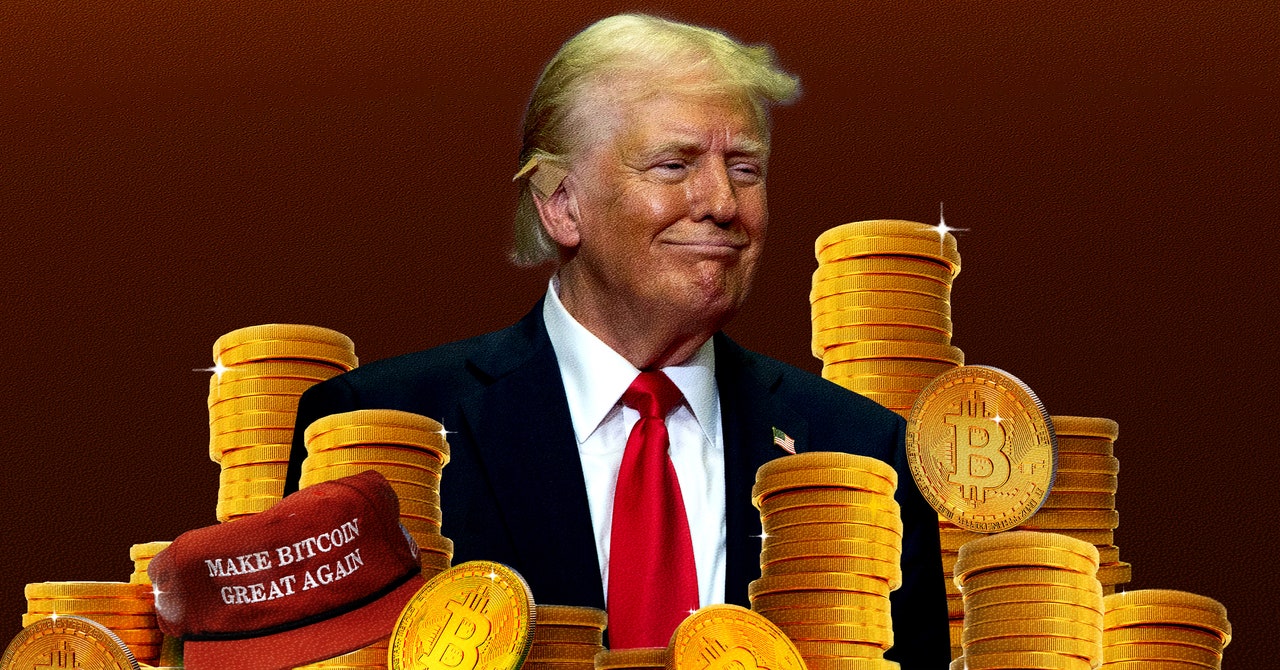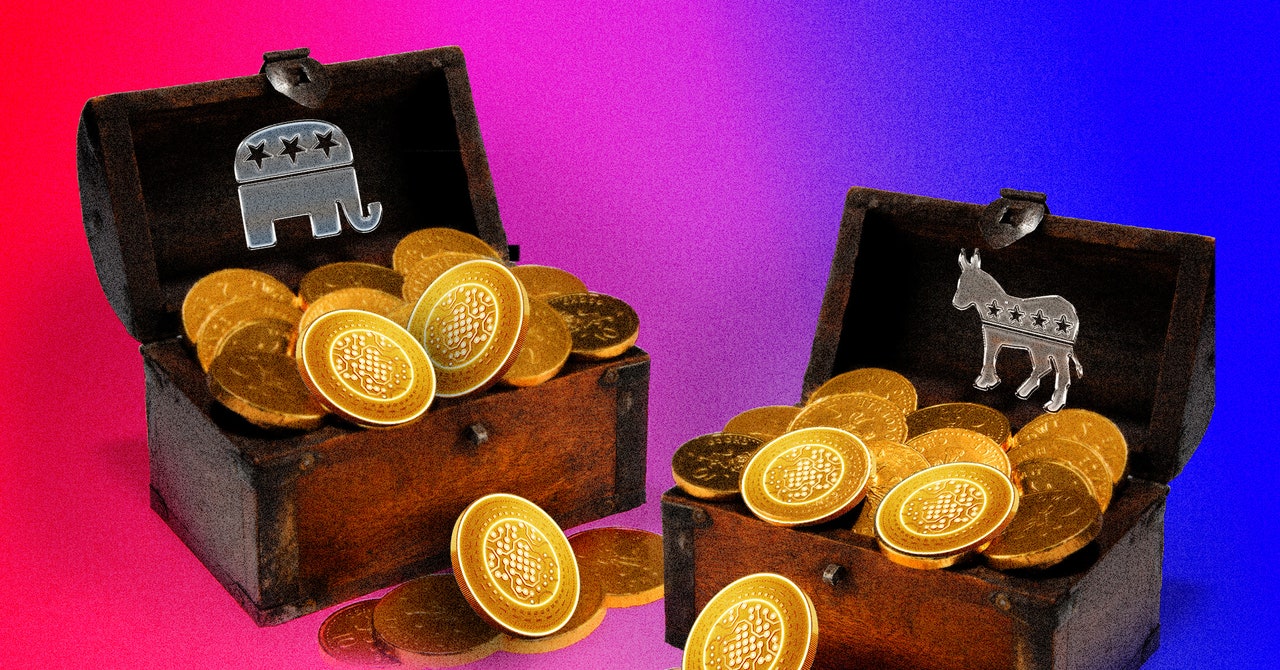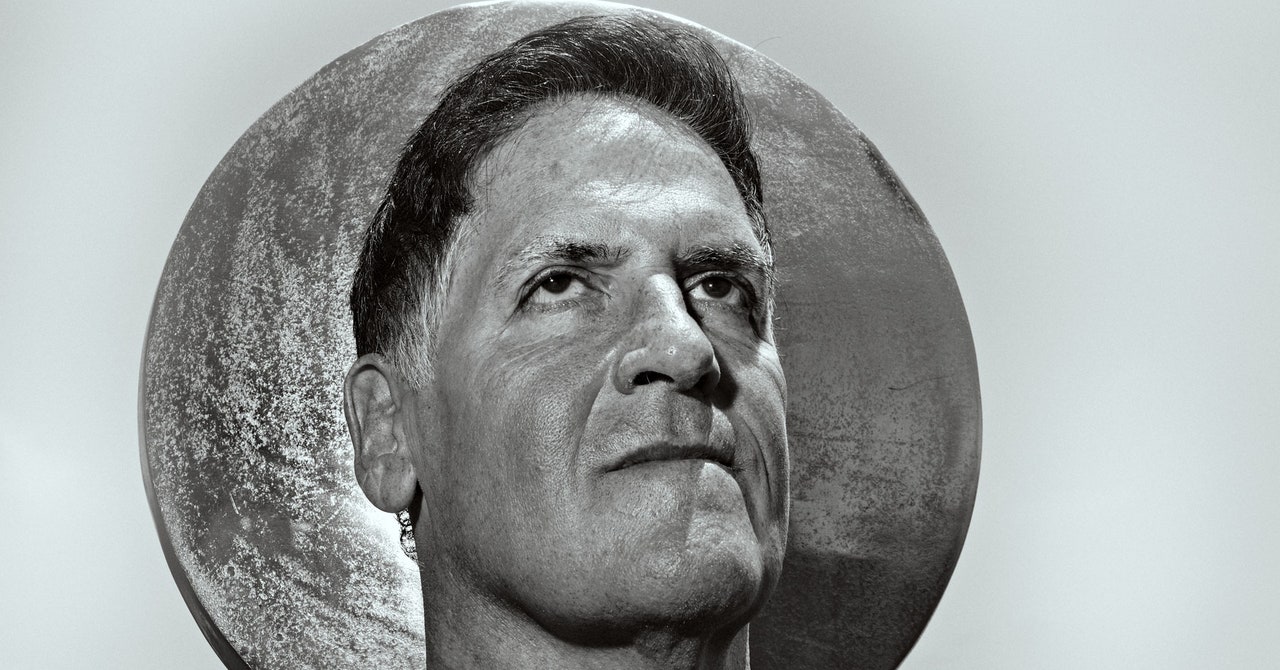But while popular with large bitcoin holders and industry executives, the ambition to create a bitcoin stockpile could cost everyone else dearly, especially if the government expands its existing holdings, said Michael Green, chief strategist at a management firm assets Simplify.
“The only possible way for the US government to buy bitcoins is from existing holders,” Green says. “But if the government uses tax revenue [or issues bonds] to buy bitcoin, it creates a situation where the taxpayer is subsidizing an extremely small subset. At the end of the day, you’re talking about creating exit liquidity for a small portion of the population.”It would be like the US government promising to pay over the odds for real estate in California, Green says, but in no other state. “It’s not fundamentally different,” he says.
Meanwhile, the larger the government’s holdings of bitcoins, the more burdensome it will become on those who maintain the underlying network — the bitcoin mining companies — whose job it is to process transactions and protect the network from attack. Effectively, the bitcoin mining industry would become “yet another special interest group,” Green said, “that the US government would have to step in and save” if the sector — known for its sensitivity to various factors beyond his control—had to falter.
Neither Trump nor Loomis responded to a request for comment on criticism leveled at the bitcoin warehousing plan.
Whether Trump intends to follow through on the plan to create a bitcoin reserve is a separate matter. “Trump is a master demagogue, appealing to the emotions of the crowd. This is pure pre-election propaganda”, says Angel. “I think the plan will probably go the way of Trump Airline, Trump Casino and Trump University.” Which is to say, nowhere.
Members of the Bitcoin industry were not blind to the fact that Trump was making a bid for their vote. It’s “historic” for Trump to consider bitcoin important enough to justify a campaign, said Jameson Lopp, an early bitcoiner and founder of crypto custody business Casa, who attended the conference. But “the way he was talking to us was pretty obvious pandering,” he says. “It felt like he was kind of talking down.” Although Trump had previously dismissed bitcoin as a “fraud,” he now “realized that it could be good for him,” Lopp says. “He can win over a new, potentially significant bloc of voters with one question.”
Trump wasn’t the only person wooing bitcoin fans with promises of taking a semi-permanent share of the market. At the same conference, Robert F. Kennedy Jr., who is running against Trump as an independent candidate, presented a bolder plan: The country would acquire 4 million coins — practically 20 percent of the total supply — if he were president.
In this context, the Nashville pledges were more important as a signal, Selgin says, than for their actual content. After a period under the Biden administration in which crypto businesses were targeted, they say unfairly, by U.S. regulators, the proposals by Trump and others were an attempt to send the general message, Selgin says, “that bitcoin is no longer the enemy.”




